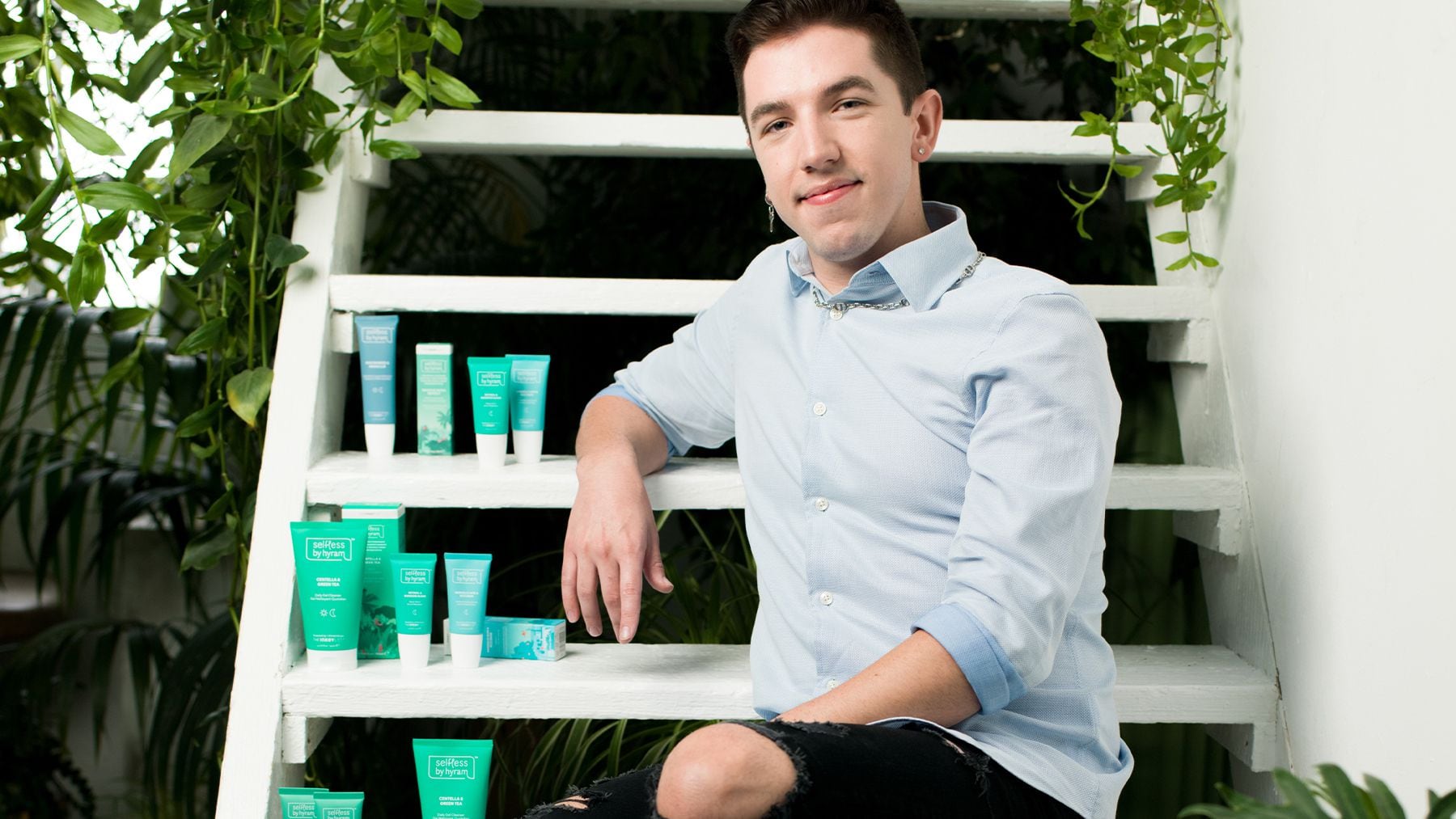
About a year ago, at a Sephora in New York City’s Meatpacking District, I found a meagre selection of TikTok skinfluencer Hyram Yarbro’s skin care line, Selfless by Hyram, stashed at the back of the retailer. Similarly, Addison Rae’s Item Beauty, which entered the retailer several months earlier, wasn’t as prominently displayed as one would expect for someone with nearly 90 million TikTok followers.
Sephora’s merchandising was a foreshadowing of what was to come.
By the end of 2022, Yarbro’s skin care disappeared from Sephora’s stores and website almost as quickly as it entered nearly 700 doors globally the year before. Item Beauty is nowhere to be found at the LVMH-owned retailer either, although products are still available at sephora.com (and deeply discounted).
Sephora, which has emerged as a voracious incubator for beauty lines founded by seemingly anyone with a sizable internet following — celebrity, content creator, meme artist — parted ways with two of the biggest influencers to come out of TikTok’s mass adoption of beauty by Gen-Z. It would seem they went all in on the wrong bet.
This isn’t just a Sephora problem — the challenges facing Rae and Yarbro’s beauty labels are a symptom of the larger disillusionment the public has with these sorts of brands. Ulta Beauty, Target, Walmart and more have all invested heavily in celebrity and influencer makeup, skin, hair and body care lines in the last few years in hopes of building the next Fenty Beauty or Rare Beauty.
Unfortunately, Yarbro and Rae’s ventures were among the highest profile in the space. Rae is one of the most followed people on TikTok, despite having little known beauty expertise, and Yarbro, often referred to as Skincare by Hyram, was the skinfluencer of 2020 amongst young people. His largely teenage following clung to his “ingredients don’t lie” catchphrase, buying nearly anything that was “Hyram approved,” despite the 26-year-old having no experience as a medical professional, chemist, formulator or aesthetician.
What Yarbro did have was a modicum of impartiality, a quality hard to come by in a world full of paid partnerships. He was open about products he didn’t like (like St. Ives scrubs) and posted reaction videos to celebrity skin care routines, including one featuring Bella Thorne with commentary like “Slapping is for the bedroom, not your skin care” when Thorne slapped her face after exfoliating.
At the peak of Yarbro’s fame in 2020, the majority of his earnings came from affiliate sales and advertising from Google’s AdSense network. In an interview from August of 2020, Yarbro said he generated $85,000 in revenue from affiliate sales and $180,000 from Google’s AdSense in July of 2020 (this $265,000 excluded brand partnerships, which at the time, he did very few of). In December of 2019, he earned just $10,000 from AdSense.
Yarbro’s “authenticity” as an authority who could review and recommend a multitude of brands and products was his greatest asset. (Though fewer followers than Rae, Yarbro was considered a beauty expert, while Rae is a dancer and aspiring actress.) But the newfound fame led to a flood of brand requests — 30 to 50 per day, on average, by August of 2020 — and he soon amped up the sponcon and got to work on a line of his own. Quickly, it became clear that Selfless by Hyram was cannibalistic to Yarbro and the impartial reputation he built.
Instead of taking the skin care founder route, an expert suggested that Yarbro’s business may have fared better if he received funding to collaborate with a multi-brand retailer. He could have curated a skin care pop-up or shop-in-shop at a place like Ulta or Sephora, or worked on other projects that didn’t present the content limitations encountered by those who own a single brand.
Indeed, this route would have been less lucrative than a founder’s payouts from a potential brand acquisition, but the window of success “narrows very quickly by partnering with one specific producer,” Lucie Greene, a futurist and founder of consultancy Light Years, told me. “It needed to be immediately stratospheric, otherwise his brand is ultimately destroyed.”
“It’s like an art critic becoming an artist,” Greene added.
Or like if I, a beauty journalist, started my own beauty brand.


